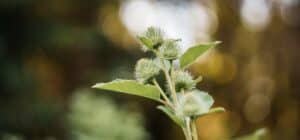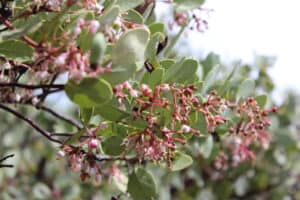Table of Contents
The heart is one of the most important places to focus on for the psychological and emotional dynamics in our life.
So for this week’s post, I’m sharing with you two of my favorite cardiac remedies.
Can Motherwort and Rose Pair to Treat the Heart?
This question comes to us from Layla Habib, who is in Materia Medica Monthly. She asks:
“I’m wondering if motherwort would pair well with Rose, and specifically Rosa rugosa?”
This is a great question because it’s a question about the heart, and a fitting pair of herbs for what’s going on in the world right now, especially with the deeply entrenched conditionings that are being brought to the surface right now on racism and discrimination and cultural and individual trauma. These things show a need for healing in our hearts. And these two herbs are incredibly powerful remedies for the heart, so it’s a nice pair to talk about.
Motherwort or Leonurus cardiaca is in the mint family. It’s a bitter mint plant that is a unique remedy, because it is a very bitter nervine. In the mint family, there are aromatic plants that are carminative, and there are also bitter plants that are distinctly sedative for the nervous system. Motherwort is in that latter category. While nervines tend to calm and sedate and relax the nervous system, there are distinct areas of the body with a large concentration of neural tissue, and some herbs have more of an orientation for those nerve centers. These main centers include the brain, the heart, and the gut.
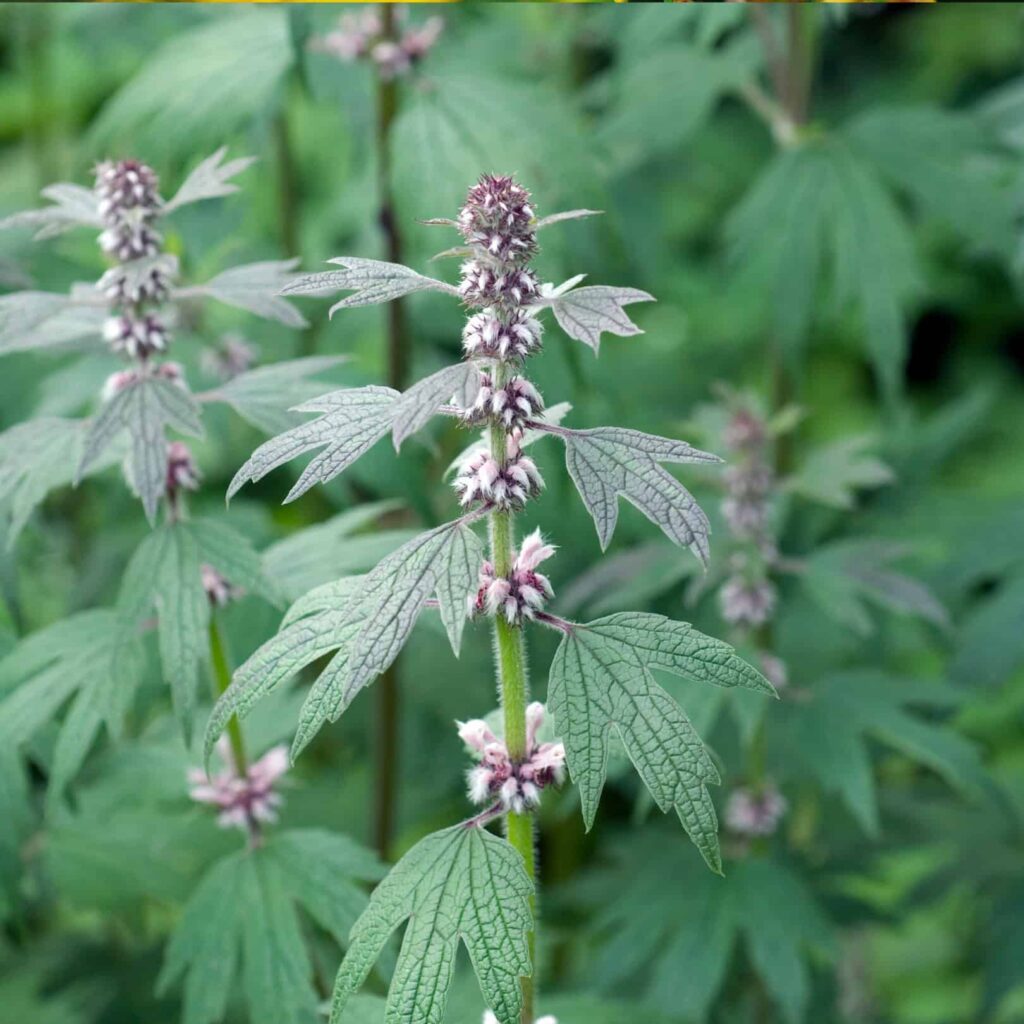
Motherwort has a very strong affinity for the heart. I like to call these “cardiac nerve nervines.” These are remedies that are excellent for people who feel nervous and anxious. These people have a Vata imbalance from the Ayurvedic perspective; according to physiomedicalism, this is a wind tension tissue state—cramping and nervousness and anxiety, and a high-strung nervous system, but they tend to feel it in their chest. When they get nervous or anxious, it’s not a mental stress, mind-racing kind of thing. They don’t get really nauseous. Some people get really nervous and anxious and they really want to eat a lot of food, or they lose their appetite and don’t eat anything. These are the people who feel it in their chest. They get heart palpitations or heart flutters. Sometimes they get sweaty, especially sweaty palms. They feel that nervousness in their chest. Sometimes it’s a tightness, sometimes a fluttering.
This is where both motherwort and Rose are incredible plants. Rose is oftentimes thought of as a very basic antioxidant herb, a cooling, sour remedy to cool heat in the blood, inflammation, tonifying the blood vessels. But I find that Rose, specifically flowers, has a nice, gentle nervine effect.
Treating Nervousness and Trauma
Any type of medicinal plant that has an affinity for the heart will have that nervine effect. Nervousness, anxiety, and things like that are oftentimes due to mental or psychological excess—thinking too much or a high-strung nervous system. And as soon as our perceptual faculties move from the head or the mind down into the heart, we see a distinct shift in the functioning of the nervous system—the parasympathetic nervous system becomes more active and we see that people tend to become significantly more calm, relaxed, centered and collected.
That’s a powerful way we see that Rose works. This is not something that is typically talked about in regards to Rose, but it’s something that I’ve noticed over the years of working with this plant. My wife, Whitney, has worked with this plant a lot and also noticed it. Even when people take Rose by itself, they tend to come to a more even keel in terms of their levels of worry and nervousness and anxiety, through coming more directly into the heart.
So motherwort and Rose pair very well together for people who have that Vata imbalance, that need to be calmed and relaxed, but also just need to come more into the heart. Innately in that process of entering into a heart orientation of perception are changes in the emotional side of things. This is where a lot of emotional healing happens.
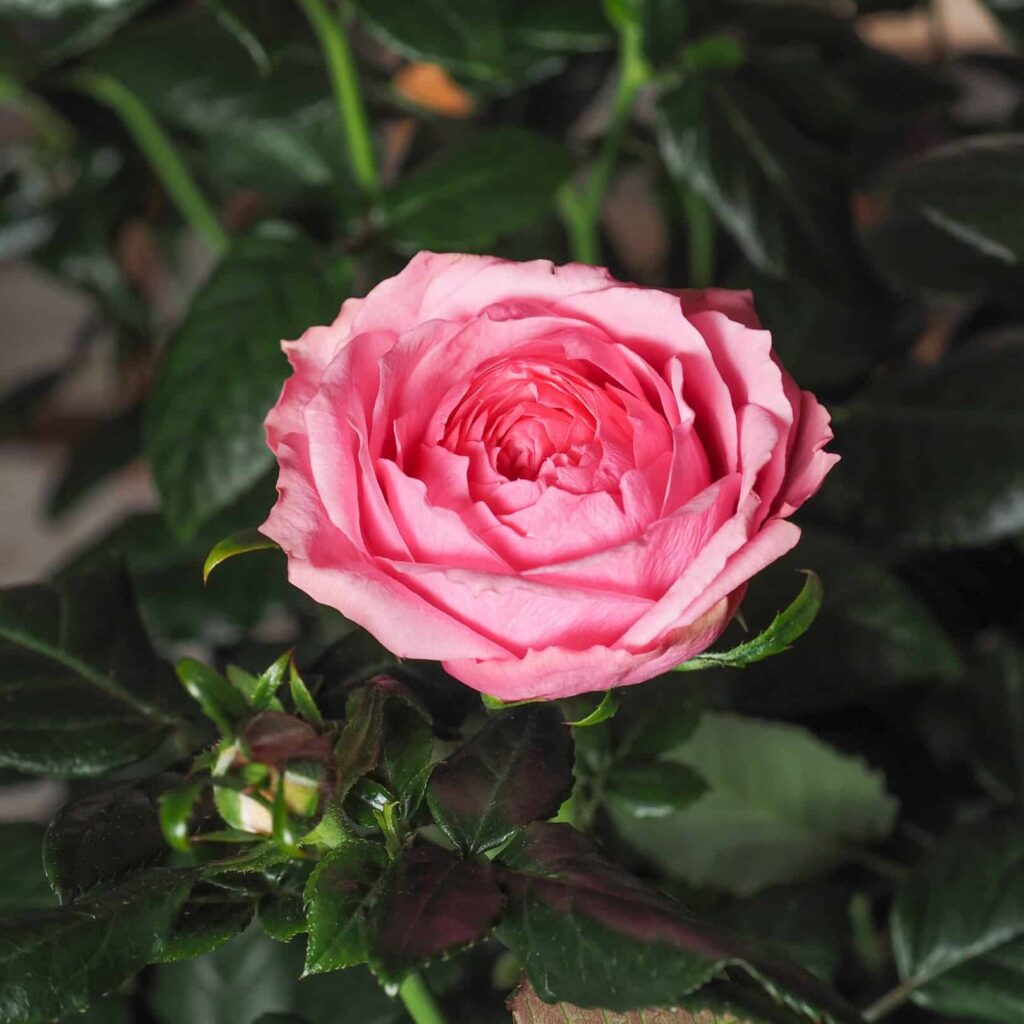
We all have things in our heart that need to be attended to. As human beings, we all go through some form of trauma in our lives. There’s varying degrees of that trauma. As children, we are very open and very sensitive, and regardless of who we are or where we come from, we all experience things that affect our hearts. Whether that’s getting made fun of on the playground, or being rejected by someone that you’re interested in, or physical abuse and violence, or sexual abuse and violence—there’s a whole spectrum of trauma that we can experience as humans. The heart oftentimes becomes very strongly affected by that. These types of trauma can directly set up the emotional patterning that we experience throughout our lives.
Remedies like motherwort and Rose, through the way that they penetrate into our hearts, not just on a physical level but also on a subtle emotional level, can help us to move through those traumas and help us to understand how those traumas can be our teachings and how they can become our transformation. Through this shifting in our orientation—of taking our trauma and turning it around and turning it into our strength, turning it into our gift, turning it into something that is our unique perspective and our unique orientation— we can then help someone else with similar trauma.
Herbalism Can Heal Us on a Deeper Level
My wife, Whitney, and I, and a lot of evolutionary herbalism students, have worked on this a lot. It’s central to this model of herbal medicine, to working with plants to heal the deeper levels within us, not just thinking of plants as chemical constituents that bind to receptors in our body and have physical effects but also that they have a deeper level of healing that they can provide. One of my teachers always says, “If you’re not really quite sure where to start with someone, start with the heart.” You really can’t go wrong. We all have healing that we need to do in our hearts.
With what’s going on in the world right now, it’s clear that there is a lot of healing that we all have to do within our hearts. For the people who have been oppressed and have experienced discrimination and racism and all the trauma that comes from that, there is so much that can be helped through plants like this, through the way that they help to heal our emotional and spiritual heart.
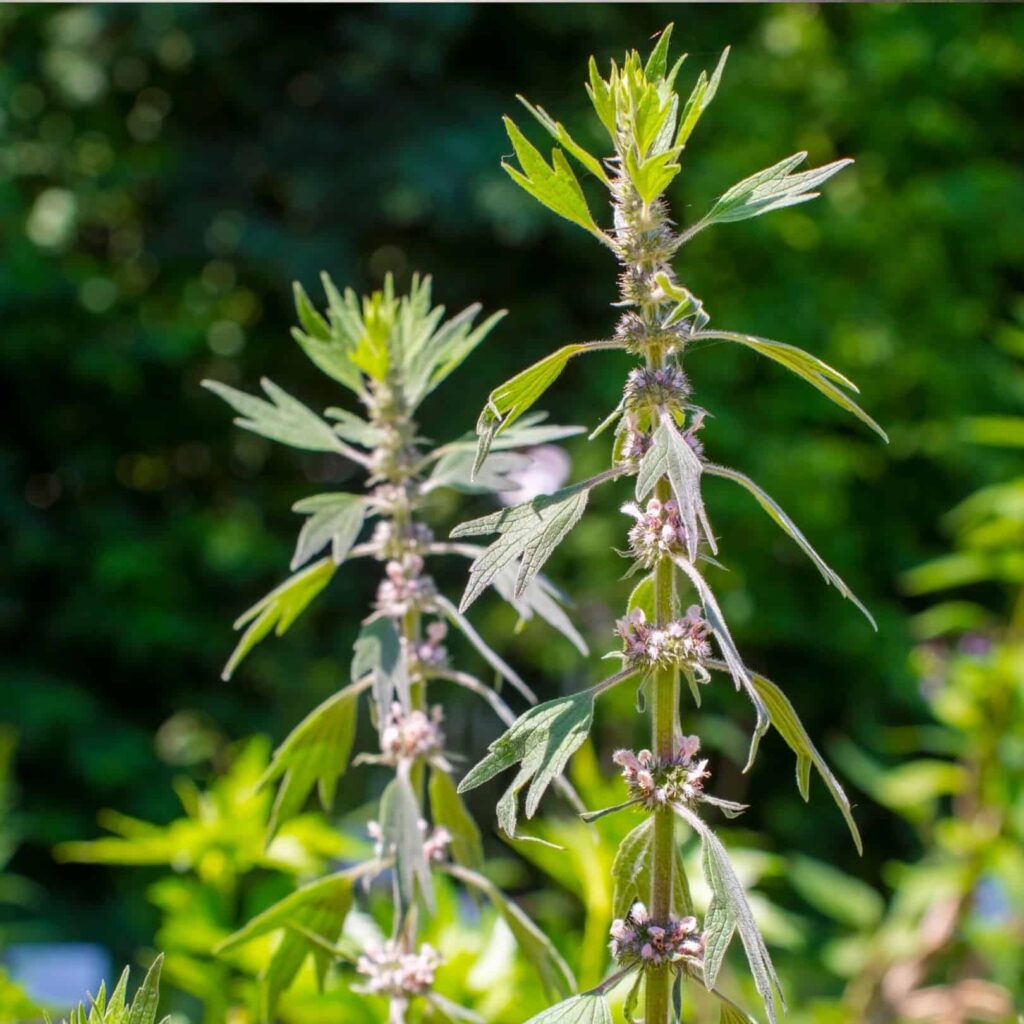
On the other side, for the people who do discriminate, the people who are racist, the people who are committing these atrocious acts of violence—whether that’s physical violence or other forms of violence—it’s a clear indication that they have a wound in their heart, and they have a sickness in their mind, an imbalance within the mind that sees another human being as less than themselves. And that’s not right, that’s not healthy. That’s antithetical to the way the rest of nature works. It’s a deviation from the natural order of things, and it’s something that needs healing.
The heart is an important place for healing to occur, because if someone is a racist and discriminating against another human being because of race or skin color or religious belief or gender identity or any of the number of reasons that people discriminate against another fellow human being, it shows that there is a lack of connection to their own heart, because there’s a lack of compassion. There’s a lack of understanding. There’s a lack of being able to see someone in their humanity. And these are all qualities that healing the heart can help with.
Healing Properties of Motherwort and Rose for Our Present Times
I’m not trying to deviate too much from Layla’s question here, but this has been on the top of my mind for the last few weeks with what’s going on in the world right now. It all points back to the heart and to the need for us to heal our hearts. Motherwort and Rose are two really incredible remedies that can support in the healing of the heart in this way.
Shifting back into our herbalist orientation, note that both of these plants are cooling. Motherwort is bitter and cooling. Rose is sour and more mildly cooling than motherwort, but cooling nonetheless. So something to be aware of if you’re going to be working with these plants over a long-term period of time is that for people who have colder constitutions, sometimes adding something gentle to warm it up a bit can be a good approach.
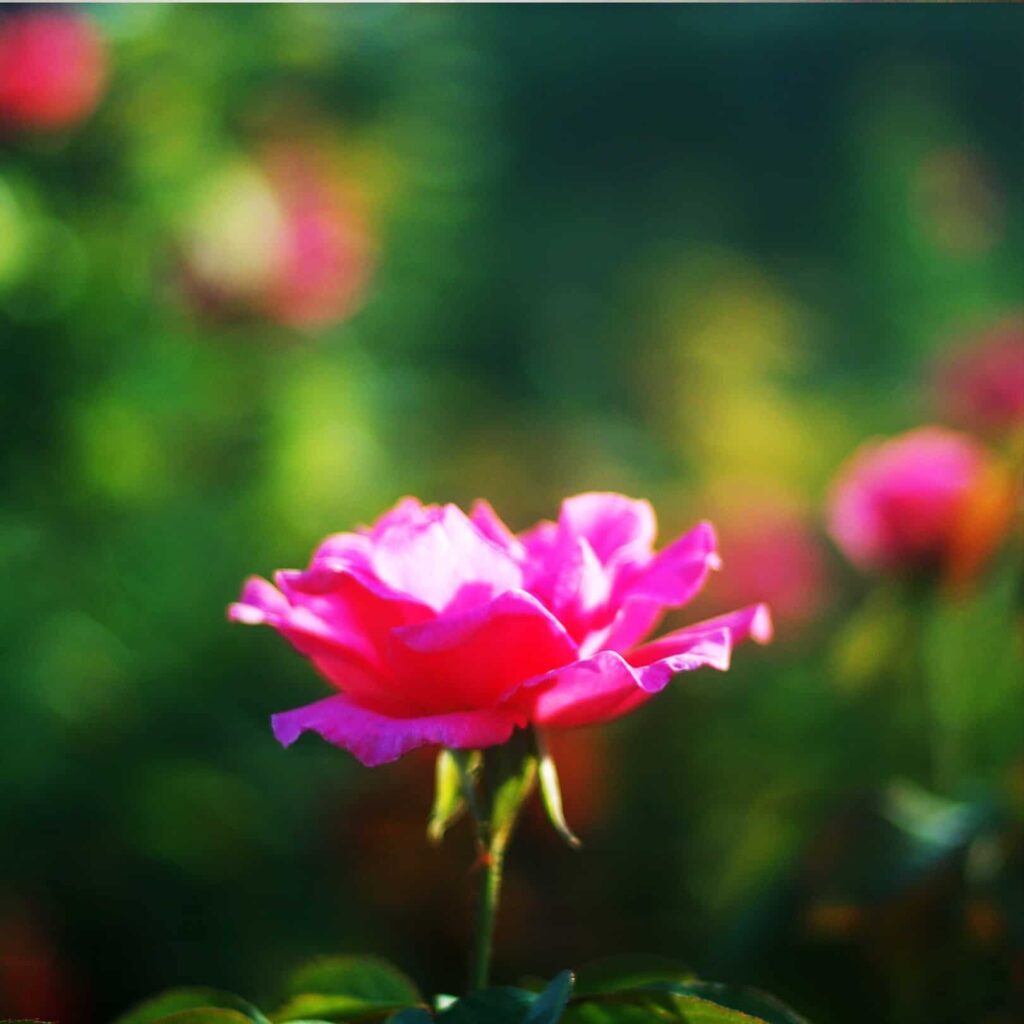
Both motherwort and Rose will have a nice relaxing property, but not to the point that you’re feeling tired or sleepy. These remedies can be used throughout the day safely without inducing a deep level of tiredness.
So, great question, Layla—motherwort and Rose. I wanted to take time to express a little bit of what those plants made me think of in the way that they can be powerful healers for our heart. These are the kinds of plants that are very applicable for our current times.


